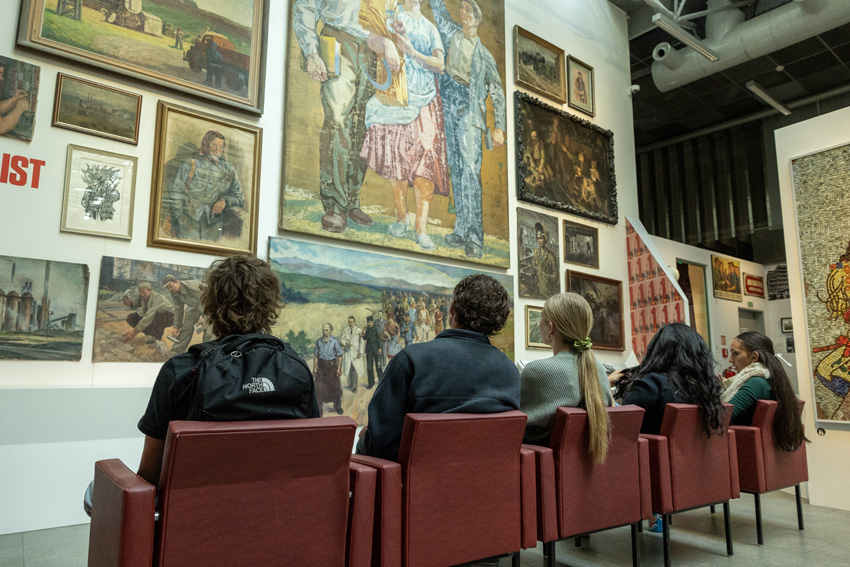The video console industry encountered a substantial leap in visual and processor performance in the past decade. In the early 1990s, people were exposed to 16-bit consoles and 256 color bit games. Ten years later, three companies, two veterans and one newcomer to the video game console arena, endeavored to break boundaries and build faster, higher resolution, greater polygon count machines.
The players: Microsoft’s Xbox, Sony’s Playstation 2 (PS2) and Nintendo’s GameCube are now in the battle to claim the title of the best console of twenty-first century.
“This coming year consumers will have a difficult time deciding on what console they should buy,” Matt Emerson, a CompUSA employee said. “In my opinion Sony’s PS2 will be the winner of the console wars because they had a whole year to build their gaming foundation and Sony has a lot of third party companies signed up to release their games on the console.”
On Oct. of 2000 the amount of reserved PS2s across the nation was phenomenal. There were around 37 games, one being the popular EA sports’ SSX, to appeal to gamers. This strategy seemed to work, and 500,000 units sold in a two-day period after launch.
A year later, rumors and previews of the Xbox and GameCube seemed to threaten the PS2’s market supremely. Promising mind-blowing speeds and higher performance stats, the Xbox and GameCube looked to overthrow the PS2. Now, after launch, the three consoles compete in a titanic struggle to determine which console will be left standing.
“I own a PS2 and an Xbox and I have played on a GameCube,” Adam Leisle, ?04, said. “I say that the Xbox is far better than either the PS2 and the GameCube. The graphics on the Xbox demolish both consoles and the games have a lot more fun than either of the platforms. If I had to recommend advice to anyone about buying the three, it would be Xbox all the way!”
The Xbox, with the large green “jewel” and the imprinted “X” on the top, is about twice the size of the PS2 and uses an 8 giga-byte (GB) hard drive. Along with the hard drive and size, the Xbox nearly doubles the stats in every performance area compared to the PS2. One of the Xbox’s shortcomings are hard drive crashes, commonly known as the “green screen of death”.
“The graphics are good on the Xbox,” Michael Abajian, ?04, said, “but the first time I played on the Xbox I got the green screen of death thirty minutes into playing the game. I have own a PS2 for over eight months and it has not crashed once. The Xbox has the same or greater change of crashing compared to a computer in my opinion.”
The underdog of the systems appears to be Nintendo’s GameCube. Nintendo consistently targets the 14 and under age group through the system’s basic design and the games released, thus limiting earnings. Nintendo may need to overcome this disadvantage in order to compete with the other two systems on a large-scale basis. However, some students favor the GameCube over the other consoles.
“The best thing about the GameCube is the controller,” Ben Daniel, ?04, said. “The Xbox controller is just big and bulky and the handling is horrible. The GameCube controller fits just right and is the best controller you can buy.”
“The graphics are sweet and cool,” Cale Livingston, ?04, said. “Even though the launch titles were geared towards kids, there will be a lot of games geared adults and teens, such as Super Smash Brothers Melee.”
The Xbox targets to the adult gamer, and could sell more due to the fact that more adults play games than younger kids, and all the buying power comes from them as well.
After dust settles, the Xbox probably has a greater potential in the long run compared to the other two systems, but the PS2’s large number of game titles, system stability, and a one-year lead over the competition manage to maintain it’s market superiority in the gaming area, at least for the short term.






